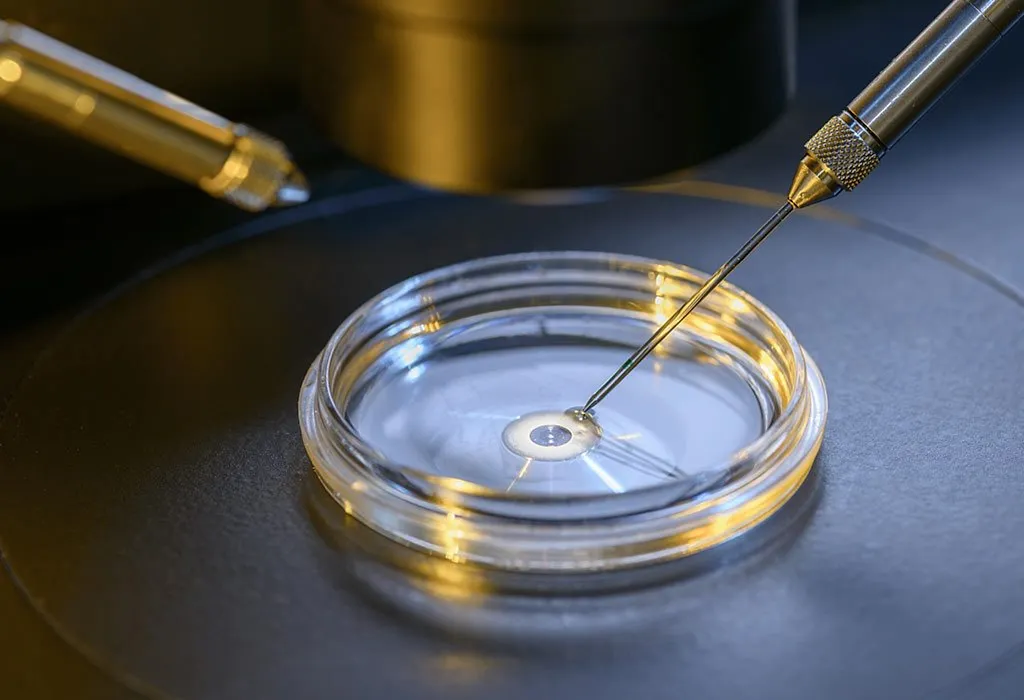In recent decades, In Vitro Fertilization (IVF) has transformed the landscape of reproductive medicine in India. As more couples seek assistance with infertility, understanding the history of IVF in India provides valuable context for its current practices and future advancements.
Early Beginnings of IVF in India
The journey of IVF in India began in the early 1980s, a time when assisted reproductive technology was still in its infancy worldwide. The first successful IVF procedure in India was performed in 1986 by Dr. Subhash Mukherjee, a pioneering figure in reproductive medicine. His groundbreaking work laid the foundation for what would become a flourishing field.
Key Milestones in IVF Development
1978: Dr. Subhash Mukherjee achieves the first successful IVF pregnancy in India, marking a significant milestone.
1990s: The establishment of various fertility clinics across major cities like Mumbai and Delhi begins to cater to the rising demand for assisted reproductive technologies.
1994: Luv Singh, who is India’s first baby conceived through ICSI treatment in 1994 by Dr. Firuza Parikh, recently became a father via natural conception at Jaslok Hospital
2000s: Advances in technology lead to the introduction of Intracytoplasmic Sperm Injection (ICSI), significantly improving success rates for male infertility cases.
2005 : National guidelines for ART by ICMR. A lot of revisions happened in successive years.
2010s: The Indian Council of Medical Research (ICMR) releases guidelines for ART (Assisted Reproductive Technology) services, ensuring ethical practices and patient safety.
2022: ART Law came into place.
Cultural Shifts and Acceptance
Historically, infertility was often stigmatized in Indian society. However, as awareness about reproductive health increased, societal attitudes began to change. Today, IVF is increasingly accepted as a viable option for couples struggling with infertility. According to recent statistics, approximately 10-15% of couples in India experience infertility issues, highlighting the growing need for effective treatments like IVF.
Technological Advancements
The field of IVF has witnessed remarkable technological advancements over the years, including:
Preimplantation Genetic Testing (PGT): This technique allows for genetic screening of embryos before implantation, reducing the risk of genetic disorders.
Cryopreservation: The ability to freeze eggs and embryos has provided women with greater flexibility regarding family planning.
Donor Programs: Egg and sperm donation programs have expanded access to IVF treatments for individuals facing fertility challenges.
Current Landscape of IVF in India
Today, India is home to numerous accredited fertility clinics offering state-of-the-art IVF services. With competitive pricing compared to Western countries, many international patients are also seeking treatment here. The growth of telemedicine has further enhanced accessibility to expert consultations and support.
Challenges and Future Outlook
Despite its successes, the IVF sector in India faces challenges such as regulatory hurdles and varying levels of public awareness about available treatments. However, with ongoing advancements in technology and increased investment in research, the future looks promising. Experts predict that personalized medicine will play a crucial role in enhancing the effectiveness of IVF treatments.
Conclusion
At Samrudh Fertility & Urology Center, we understand the complexities of IVF and the importance of egg quality in achieving a successful pregnancy. UnThe history of IVF in India is a testament to human ingenuity and resilience. As we continue to embrace advancements in reproductive technologies, Samrudh Fertility Center remains committed to providing compassionate care and innovative solutions for couples on their journey to parenthood. If you’re considering IVF or have questions about fertility treatments, reach out to us today! der the guidance of Dr. Indu Madhusudan, our dedicated team works closely with each patient to optimize their fertility health and guide them through every step of their IVF journey.
FAQs
- What is IVF?
In Vitro Fertilization (IVF) is an assisted reproductive technology where an egg is fertilized by sperm outside the body and then implanted into the uterus. - How successful is IVF in India?
Success rates vary based on individual circumstances but can range from 30% to over 60% per cycle depending on factors like age and health conditions. - What are the costs associated with IVF treatment in India?
The cost of IVF treatment can vary widely but typically ranges from ₹2 lakh to ₹3 lakhs per cycle at reputable clinics. - Are there any risks associated with IVF?
While generally safe, potential risks include multiple pregnancies, ovarian hyperstimulation syndrome (OHSS), and emotional stress. - How can I choose the right fertility clinic?
Look for clinics with experienced specialists, high success rates, positive patient reviews, and accreditation from relevant medical bodies.









